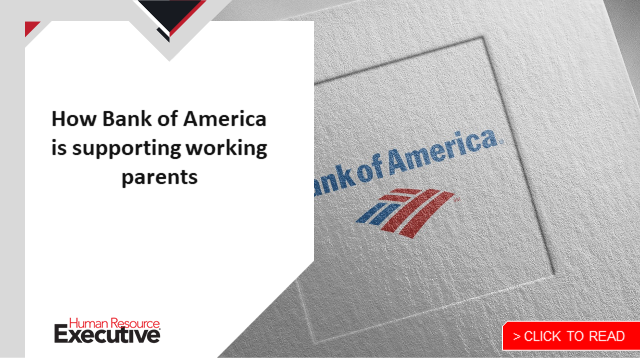Inflation woes show no signs of abating, with the consumer price index rising 8.3% year-over-year in April.
As steep costs for food, housing and gas eat away at take-home pay, workers are looking for more help from their employers in the form of higher pay—and, especially in light of a tight labor market, many organizations are responding.
Sixty-three percent of executives plan to make compensation adjustments in response to high inflation, according to new data released by Gartner, which surveyed 157 executives in March to understand how they are addressing inflation concerns.
“The No. 1 thing that employers focus on is compensation when it comes to retention,” Tony Guadagni, senior principal in the Gartner HR practice, tells HRE. “It’s not the only thing. But it’s the biggest thing. And if you have the opportunity, if you’re capable of raising wages, you’re going to do better in terms of retaining your employees than organizations that don’t.”
 That’s because a hot job market is making it imperative for company and HR leaders to act: Gartner research predicts U.S. employee annual voluntary turnover is likely to jump nearly 20% this year, from a pre-pandemic annual average of 31.9 million employees quitting their jobs to 37.4 million quitting in 2022.
That’s because a hot job market is making it imperative for company and HR leaders to act: Gartner research predicts U.S. employee annual voluntary turnover is likely to jump nearly 20% this year, from a pre-pandemic annual average of 31.9 million employees quitting their jobs to 37.4 million quitting in 2022.
More than a quarter of employees say they will look for a new job with higher pay if they don’t get a raise, according to a survey of more than 1,000 U.S. workers conducted in March by staffing firm Robert Half.
Related: 5 employer strategies to help with soaring inflation
More evidence of the trend: A number of large employers have announced salary increases in recent weeks. Here’s a short list:
- Microsoft said last month that it is nearly doubling its budget for employee salary increases and will boost the range of stock compensation it gives some workers by at least 25% in an effort to retain staff and help them cope with inflation.
- Apple said it is raising salaries by 10% or more for corporate and retail workers.
- Amazon announced it will cap base pay for all white-collar workers at $350,000, a significant jump from its previous max of $160,000.
- Bank of America last week announced it has raised its U.S. minimum hourly wage to $22 as a next step in the company’s plans to increase the wage to $25 by 2025.
- Consulting firm PwC said it will regularly review salaries.
- And Google said it was overhauling its performance evaluation process, processes that would result in higher pay.
Sheri Bronstein, chief human resources officer at Bank of America, says competitive pay is just one way the financial services firm is investing in its employees and their priorities. Other tools for attracting and retaining talent include “industry-leading benefits and resources for physical, emotional and financial wellbeing; long-term career development tools and programs; and in our diversity, equity and inclusion efforts.”
It’s no surprise a number of organizations are announcing impressive compensation hikes, especially in such competitive fields as technology and consulting.
While reports over the past few months have pointed to widespread salary increases among employers—a survey of employers by compensation data firm Salary.com, for instance, found that most U.S. organizations (73%) are targeting a payroll budget increase of 4% or more this year—the average planned salary increase trailed inflation, leaving employees wanting more. A survey of 5,000 U.S. workers conducted earlier this year by Grant Thornton LLP, an audit, tax and advisory firm, found that 40% expect pay increases of greater than 6% this year, 31% expect more than 8%, and 21% anticipate receiving more than 10%.
“American workers have found their voice during the pandemic, and they are perhaps keener than ever to ask for what they want—or find it elsewhere,” says Tim Glowa, a principal and leader of Grant Thornton’s employee listening and human capital services offerings.
 Gartner analysts say that in today’s highly competitive labor market, organizations planning to compete on compensation must be open to not only salary hikes but other compensation tactics, like substantial signing bonuses and decoupling pay and location.
Gartner analysts say that in today’s highly competitive labor market, organizations planning to compete on compensation must be open to not only salary hikes but other compensation tactics, like substantial signing bonuses and decoupling pay and location.
Likewise, benefits—from tuition and student loan repayment benefits to providing employees with work schedules that offer greater work-life balance, like a four-day workweek—are still other strategies to consider.
Employers that do not take a competitive approach to combat inflation in a hot labor market “will find themselves at a significant strategic and operational disadvantage if demand continues as anticipated—especially as other employers offer higher base pay salaries,” Guadagni says.
The post More HR leaders turning to salary hikes in response to high inflation appeared first on HR Executive.